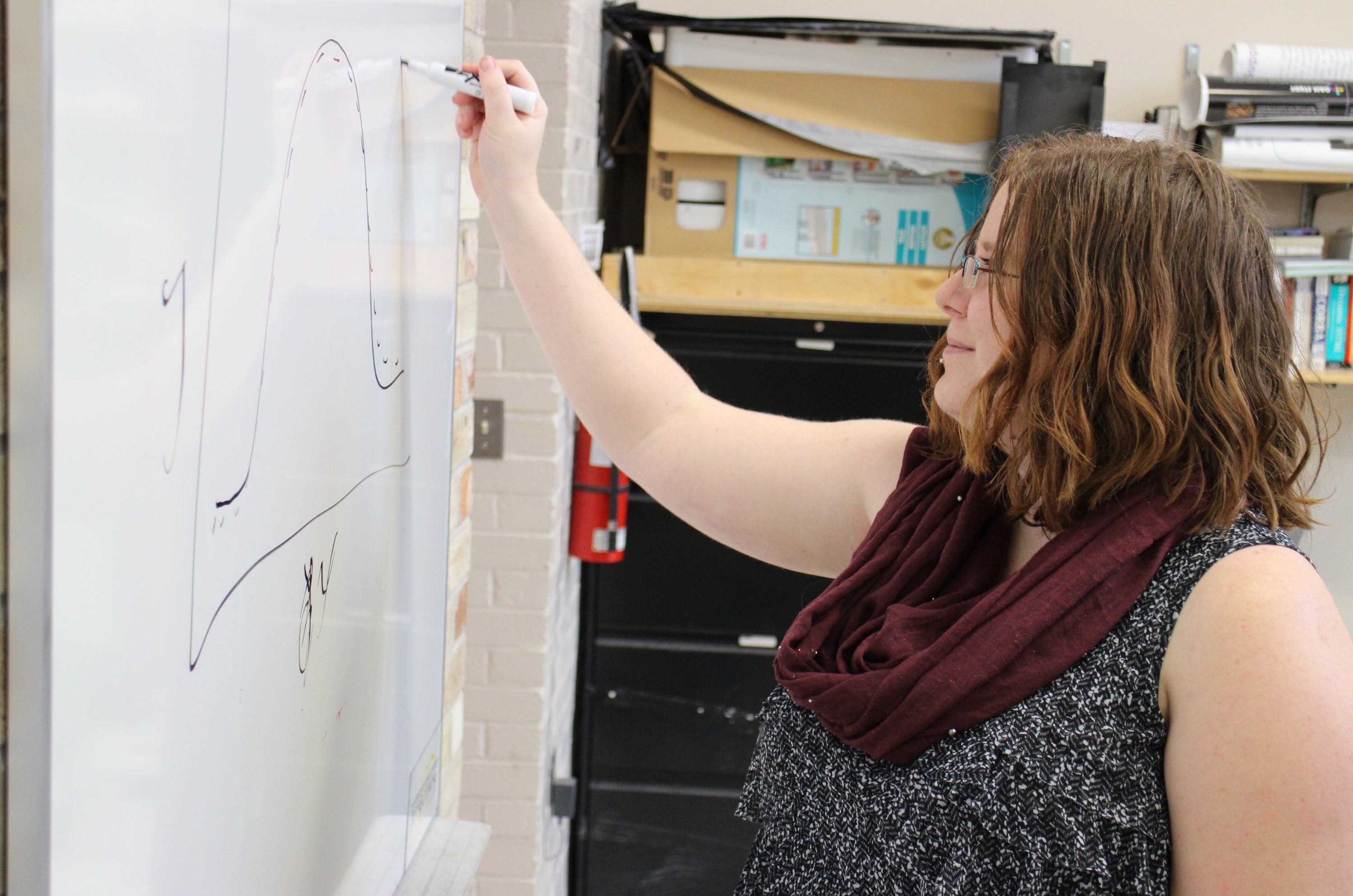
Written by Diane Watson, PhD Candidate in Computer Science
At the Games Institute at the University of Waterloo, we understand that games can be used to motivate players to part-take in real world (aka non-game) activities.
Games motivate by providing three things: the sensation of being and becoming competent in a skill, the feeling of being in control, and by providing social contact.
The interesting thing about games is that all this can be an illusion. For example, we often aren’t really in control in a game, we must play out a predefined story. The skills we build in a game, like our monster-slaying or fireball-shooting abilities, often aren’t relevant to our skills we need in daily life. Also, the social contact we obtain might not be with other humans, but with in-game characters. By taking advantage of these illusions, we can use games to motivate people to both play our games and participate in out of game activities. In my past work, I looked at how games can make people feel more motivated by comparing the same game played on a touch screen monitor and with a mouse.
Diane Watson is a PhD Candidate in Computer Science. She is the holder of the NSERC Alexander Graham Bell Post Graduate Scholarship.
We had participants play a simple shooting gallery style game very similar to Duck Hunt, where one clicked with the mouse (or tapped with a finger) on animal targets that popped up for points. We found that participants that played using their fingers felt more competent, in control and socially connected than players that played with the mouse. This is interesting because it partially explains why people like playing games on their mobile phones or tablets; something about touching the screen is intrinsically motivating.

In the future, I will be looking at other ways that games motivate. For example, games often involve creativity in how the story plays out (for example, Bioware games like Mass Effect) or over the world itself (for example, sandbox style games like Minecraft). I wish to explore how creativity can be used by games as a motivator of positive out-of-game behaviours, such as stress relief and coping.